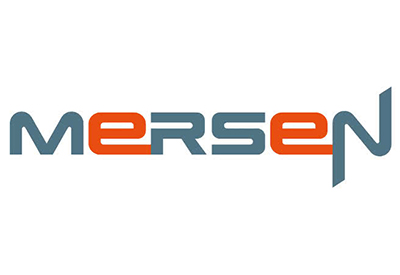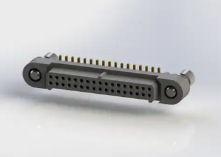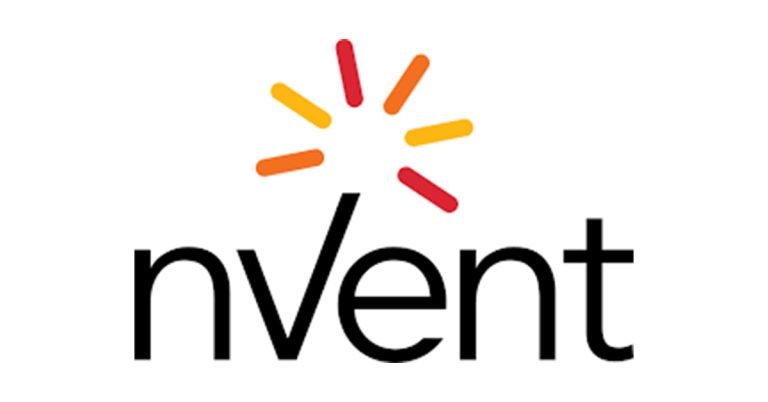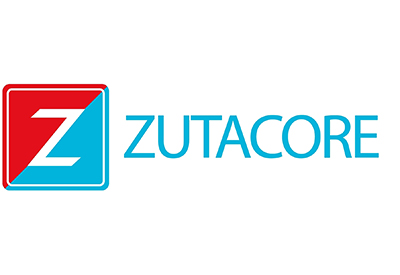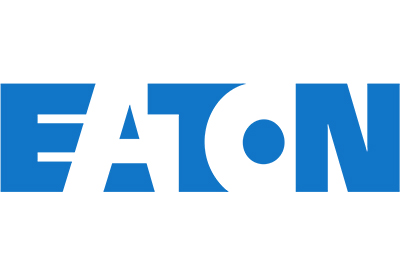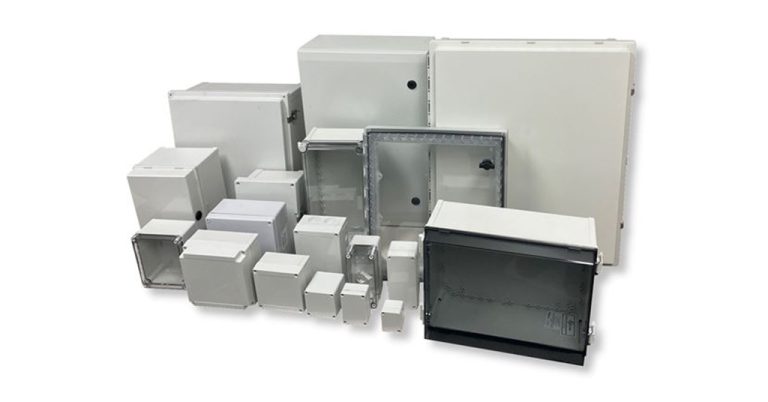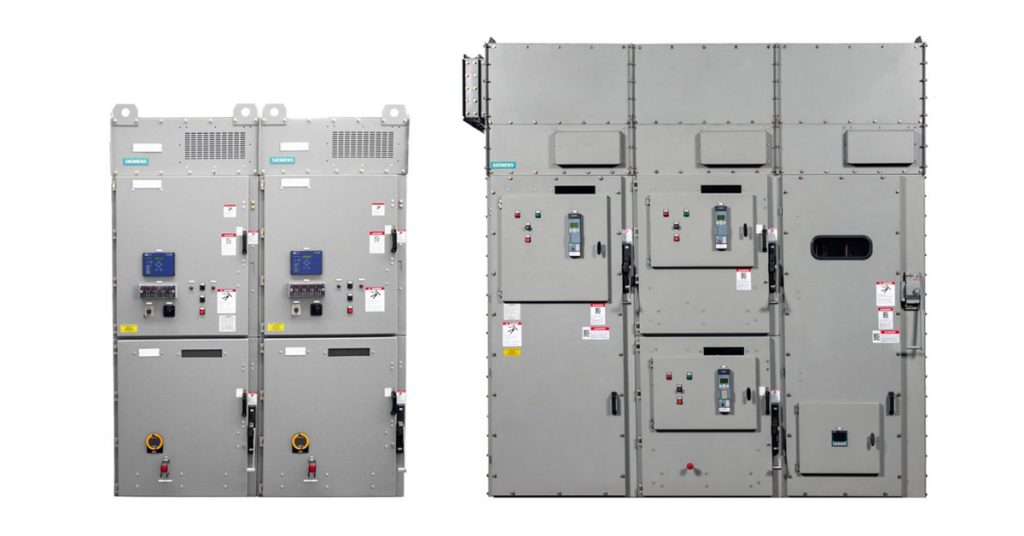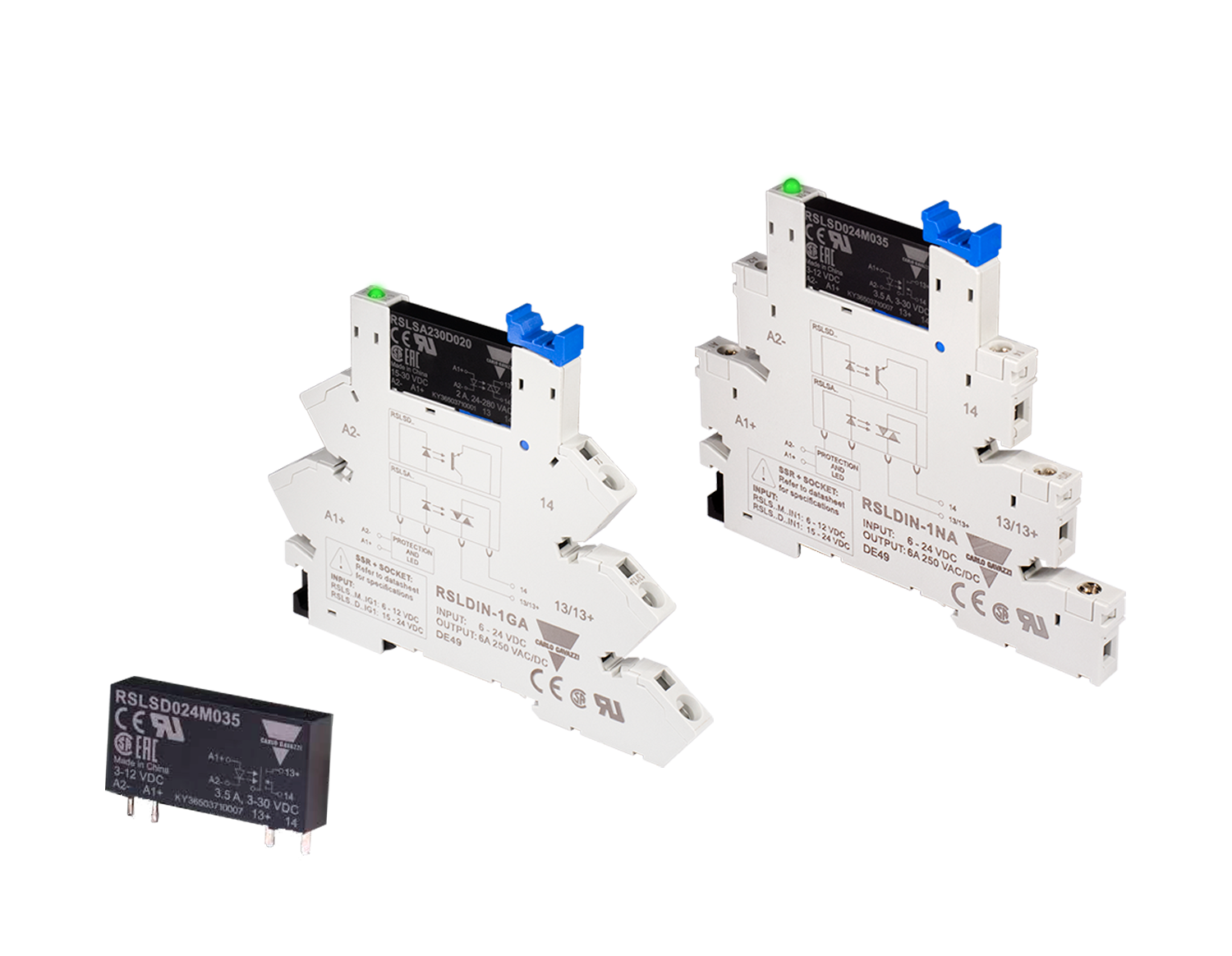Allied Electronics & Automation Parent Company Sponsors Texas A&M University’s Global Innovation Competition to Tackle Real-World Issues; Winners Announced
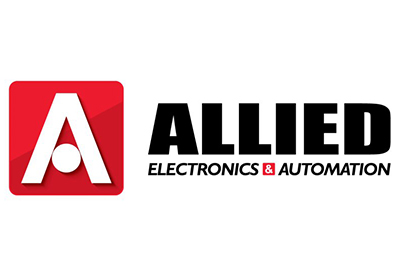
August 25, 2020
Electrocomponents plc, the global parent company of Fort Worth-based Allied Electronics & Automation, is a key sponsor of ‘Invent for the Planet 2020’, and recently participated on the judging panel to select the winners of this global engineering innovation competition, which challenges university students from all over the world to devise solutions to tackle some of our planet’s toughest issues. This sponsorship is another example of the company’s commitment to engage with students and support initiatives that develop their skills in a real-world environment.
Run by Texas A&M University, ‘Invent for the Planet 2020’ attracted multidisciplinary teams of engineering students from 40 universities across the globe totaling 800+ students across 20 countries. Earlier this year, the teams from each participating university were asked to select one from a list of 14 challenges set by industry leaders and academics on a range of issues affecting the planet. The teams, spanning all continents and multiple time zones, were tasked with developing and presenting engineering solutions on their chosen issues during the initial 48-hour weekend challenge in February. Following several stages of judging locally and globally throughout the year, and fine-tuning of designs and prototypes, the entries were refined to a list of five finalists, with the top three teams announced on July 28, 2020. The winning teams included:
First Place: Corais – EFET Rio de Janeiro, Brazil
An estimated 35% of microplastics found in the world’s oceans are derived from synthetic clothes fibers emitted in the wastewater from washing machines. Team Corais devised a filter containing magnetite, a recyclable metal that attracts microplastics and prevents them from being released into the waterways.
Second Place: ECOtory – Texas A&M University
ECOtory developed an app that allows airlines to better gauge passenger needs that integrate with their inventory systems and avoids the need to carry extra weight, thus reducing fuel consumption. As an incentive, passengers are able to exchange unwanted meals and amenities for airline miles.
Third Place: Hya Bioplastics – Makerere University, Uganda
The Hya Bioplastics team devised a biodegradable alternative to plastic packaging made from water hyacinths that are infesting the lakes of Uganda. By clearing the lakes of these invasive aquatic weeds to produce the packaging, this design addresses two environmental challenges at the same time.
Runners up in the competition included:
Walkalot – James Madison University, Virginia
The Walkalot team developed an app that enables users to select the preferred or most accessible routes when moving around outdoors, for example, where ramps are available for wheelchair users.
Crustacean – New Mexico University
This team devised a floating sea bin to collect microplastics from the oceans.
Isabella Mascarenhas, Vice President Grass Roots at Electrocomponents, who represented the company on the Invent for the Planet judging panel, commented: “These ideas are all ingenious, and are shining examples of how talented young people can help shape the future health of our planet. It is uplifting to see how the world’s problems are rousing passion and motivation among students around the globe to collaborate and to focus their creative engineering skills on issues that really matter.”
The Grass Roots team is keen to work with the winners to help further develop their designs and showcase them through the DesignSpark online engineering community, which has close to one million members worldwide, with the aim of kick-starting opportunities for these innovations to be turned into commercial products.
Rodney Boehm, Director, Engineering Entrepreneurship at Texas A&M University, said: “Invent for the Planet is such a unique experience where students get together to solve global problems. For one weekend, there are no borders, no limitations, no barriers, and no time zones. Having Electrocomponents involved helped bring the real world to students who are excited to make a difference.”
![]()

